In honor of National Poison Prevention Week, March 21 to 27, we want to highlight important pet-proofing tips to keep your furry pal safe from common pet toxins. Your home, garage, and yard are full of hidden dangers that your four-legged friend can sniff out if you do not take care to keep them safe. Your south Austin vet takes you on a room-by-room tour of your home, points out potential poisons, and suggests how best to protect your pet from these common toxins.
Pet poisons in your kitchen
Although your kitchen is packed full of delicious goodies, those tasty treats should be paws-off for your pet. Many of the toxic foods may be hidden, but your furry pal can likely sniff them out if they’re not securely out of reach. When cooking or baking, avoid sharing the following items with your pet:
- Chocolate
- Xylitol, a sugar substitute
- Macadamia nuts
- Alcohol
- Unbaked yeast dough
- Garlic
- Onions
- Leeks
- Chives
- Bones
- Fatty foods
While not all these foods actually poison your pet, they can all lead to potentially life-threatening situations, including fatty foods like bacon. Food toxicities, gastrointestinal obstructions, and pancreatitis are real threats that can easily occur in only a few minutes if you allow your unsupervised pet in the kitchen. Protect your pet from food toxicity by ensuring they cannot reach any items on the counter or stove, and that the trash is covered and secured.
Pet poisons in your bathroom
Your bathroom can be a toxic place, which you may already think when it’s due for a cleaning. But, your furry pal can be exposed to numerous dangerous chemicals and medications. Slow-release toilet bowl cleaners are constantly tainting the waters from your pet’s porcelain drinking fountain, so ensure the lid is always closed if you choose to use these products. Bleach and other chemicals may be safely stored in the cabinets, but they can leak and cause interesting puddles your pet may explore. Bath oils and bubble bath can cause gastrointestinal distress if ingested, while some essential oils found in bath oils can be toxic. Your medicine cabinet is one of the most dangerous places for your pet, as they can easily snatch a dropped pill or chew on a bottle, ingesting heart medications, pain relievers, and other potentially deadly medications.
Keep your pet safe from bathroom poisons by keeping the door and toilet lid closed, and by checking for dropped pills before leaving the bathroom. For maximum safety, don’t let your pet enter the bathroom, except for their own bath.
Pet poisons in your bedroom
Sleeping aids can be highly toxic to pets and, after settling in next to you for a good night’s sleep, they may wake up in the middle of the night and ingest your sleeping medication or supplements. If you take a sleep aid, lock the product safely away in a drawer or cabinet that your pet cannot reach.
Pet poisons in your family room
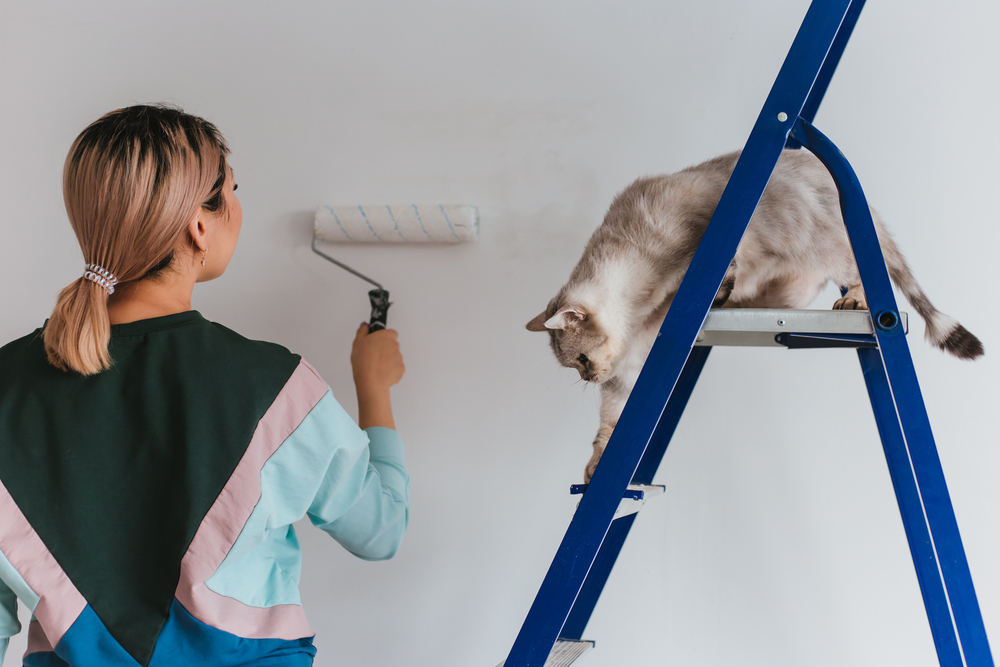
Since you all come together in the family room, you’d think it would be a safe spot. But, toxic substances may be left lying around from craft and home improvement projects. Spackle, paint, glue, and other adhesives can poison your pet if they aren’t stored out of reach when you’re done with them.
Pet poisons in your garage
Although you may like their helping hand when working on your car, keep your pet’s four paws out of your garage. Chemicals such as antifreeze can be deadly for pets, and other vehicle fluids can also be hazardous. Clean up any spills immediately, and ensure your pet stays safely out of your garage when you’re working on something that could be messy.
Pet poisons in your yard
All sorts of toxins lurk in your yard that must be fully dried or absorbed before your pet can come in contact with them, including herbicides, fertilizers, pesticides, and insecticides. Some plants also can be toxic for pets, so do your research carefully before planting a new garden or flower bed. If necessary, fence off areas to keep your pet out, and safe from harm.
If you suspect your pet ingested or came in contact with a toxin, don’t delay. Immediately contact an animal poison control helpline, and then call your south Austin veterinarian for help. Our Oliver Animal Hospital team members can best help your pet with the information the helpline’s toxicology specialists provide, and they will be ready to jump into action at your arrival.



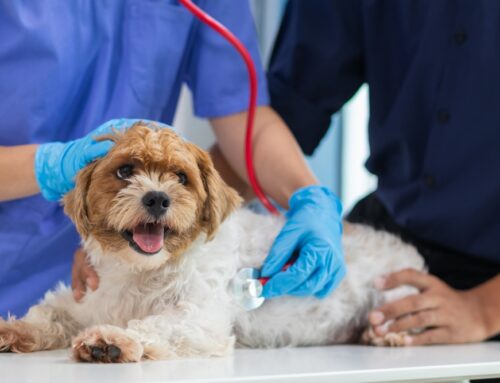
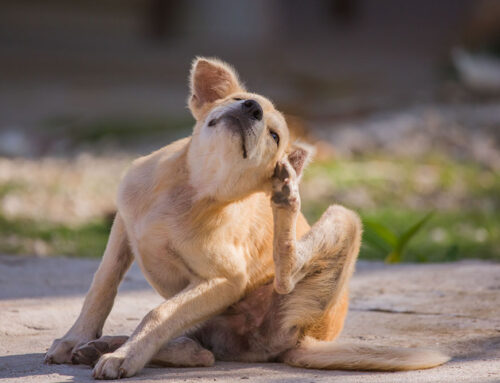
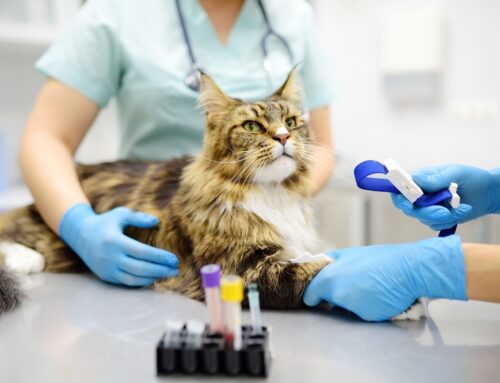
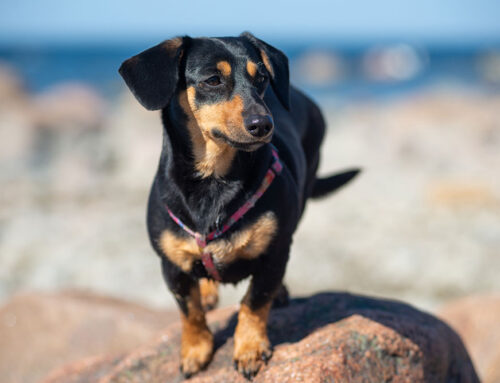
Leave A Comment